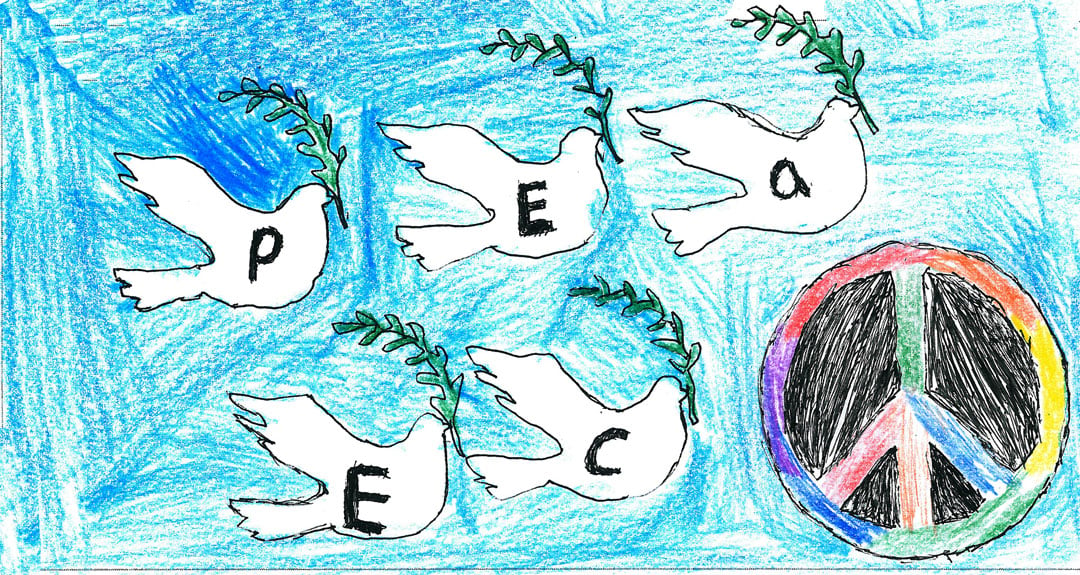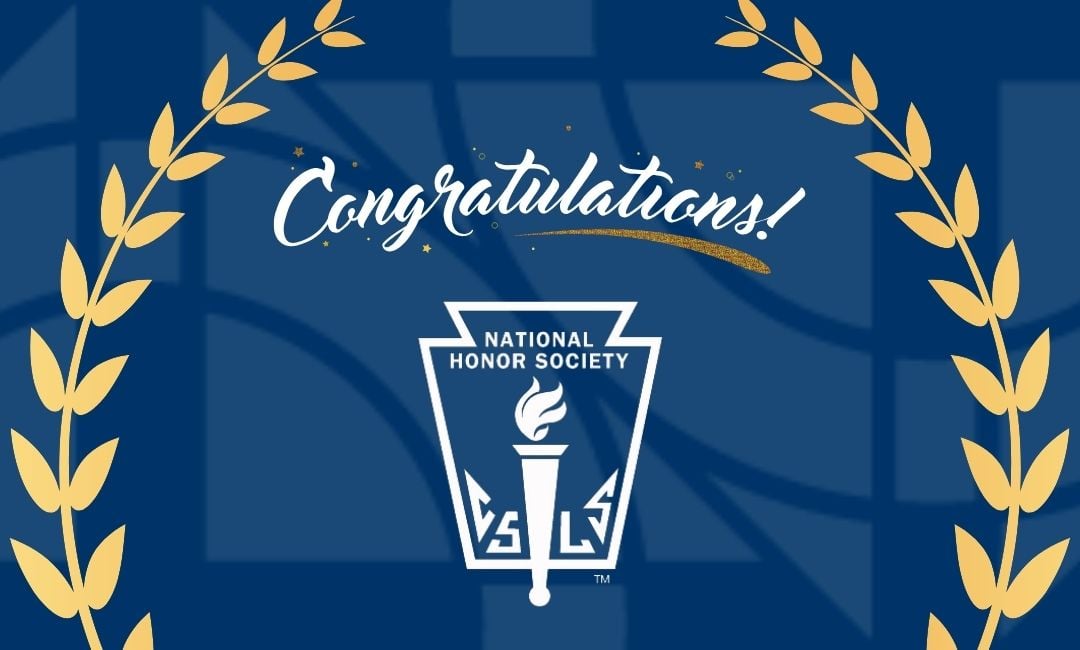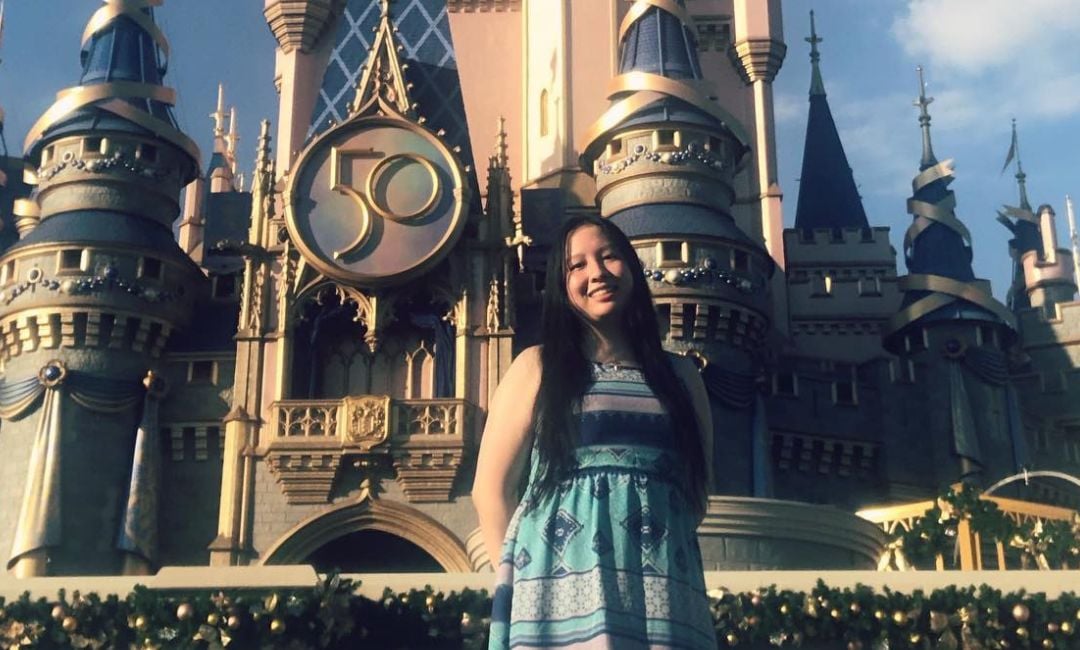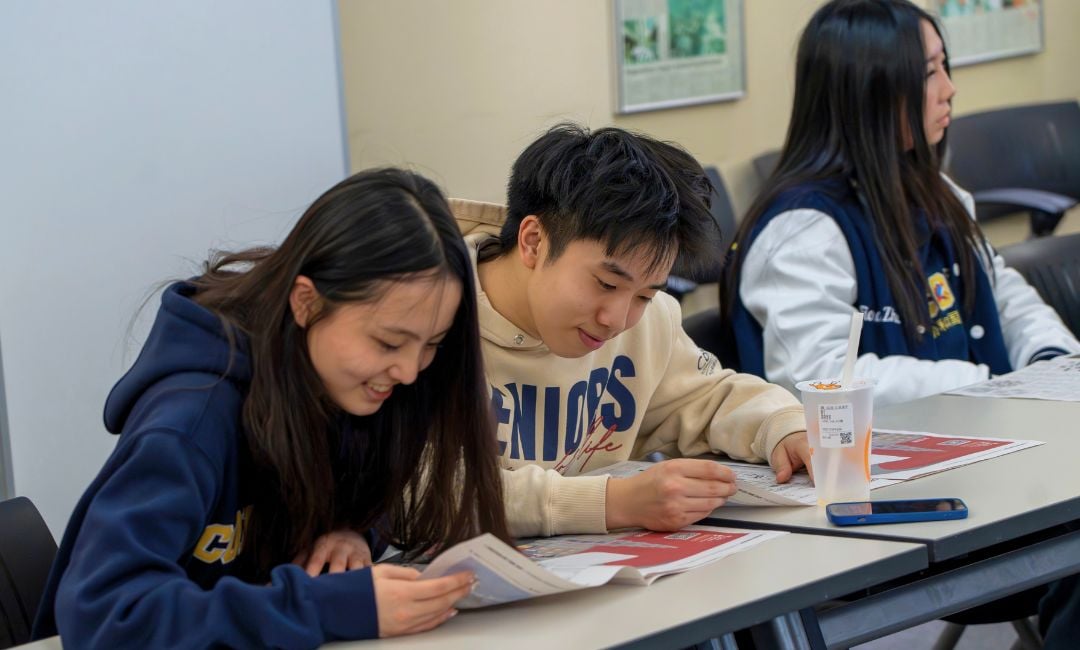Reflective Spiritual Beings, also known as RSB, is a subject that is taught and valued at Concordia. In elementary school, RSB is taught as part of the weekly schedule, part of community time, and also woven into other subject areas.
Reflective Spiritual Beings
-
Talk about what we believe.
-
Explore and read stories about people and virtues. Think and talk about them together.
-
Respect all people, even if we believe differently.
Exploring Key Virtues
Students learn about key virtues such as kindness, gratitude, compassion, patience, honesty, and more, as they progress through their elementary years. Typically, students study one virtue at a time, unpacking that particular virtue to gain a deeper understanding. Then students are encouraged to think about the virtue being studied and how it relates to those they interact with.
Together, the class explores examples of where this virtue can be seen in the lives of others, and finally, the students are encouraged to take action and reflect on how they can demonstrate this virtue in their own lives.
Strengthening Personal Beliefs
Providing students with a deeper understanding of the different virtues is foundational to supporting them in strengthening their own personal beliefs. Showing students examples of how the virtues are present in the lives of storybook characters, scientists they explore, leaders around the world, close friends, peers in their classroom, or family members at home helps to provide concrete examples for students to grasp. Although people from different cultures hold different personal beliefs, people also display a range of virtues through their words and actions towards others.
During lessons, time is made for personal reflection on virtues and beliefs in addition to time to discuss thoughts with peers. In RSB, students are encouraged to talk about their own beliefs and to show respect to others who have beliefs that are different from their own.
Leading Purposeful Action
When students begin to reflect on what they believe, it often results in purposeful action towards others. We have seen many examples of action that have led to service learning projects within the community. For example, elementary school students have worked with a group of high schoolers to help feed the poor in our community, another group has raised money to help children in a local school, and yet a different group of students worked with their parents to create a plan for action for their families.
RSB provides students the opportunity to gain a deeper understanding of a variety of virtues, connecting this learning to their personal beliefs and development. It also fosters meaningful action within our school environment and in the community.





